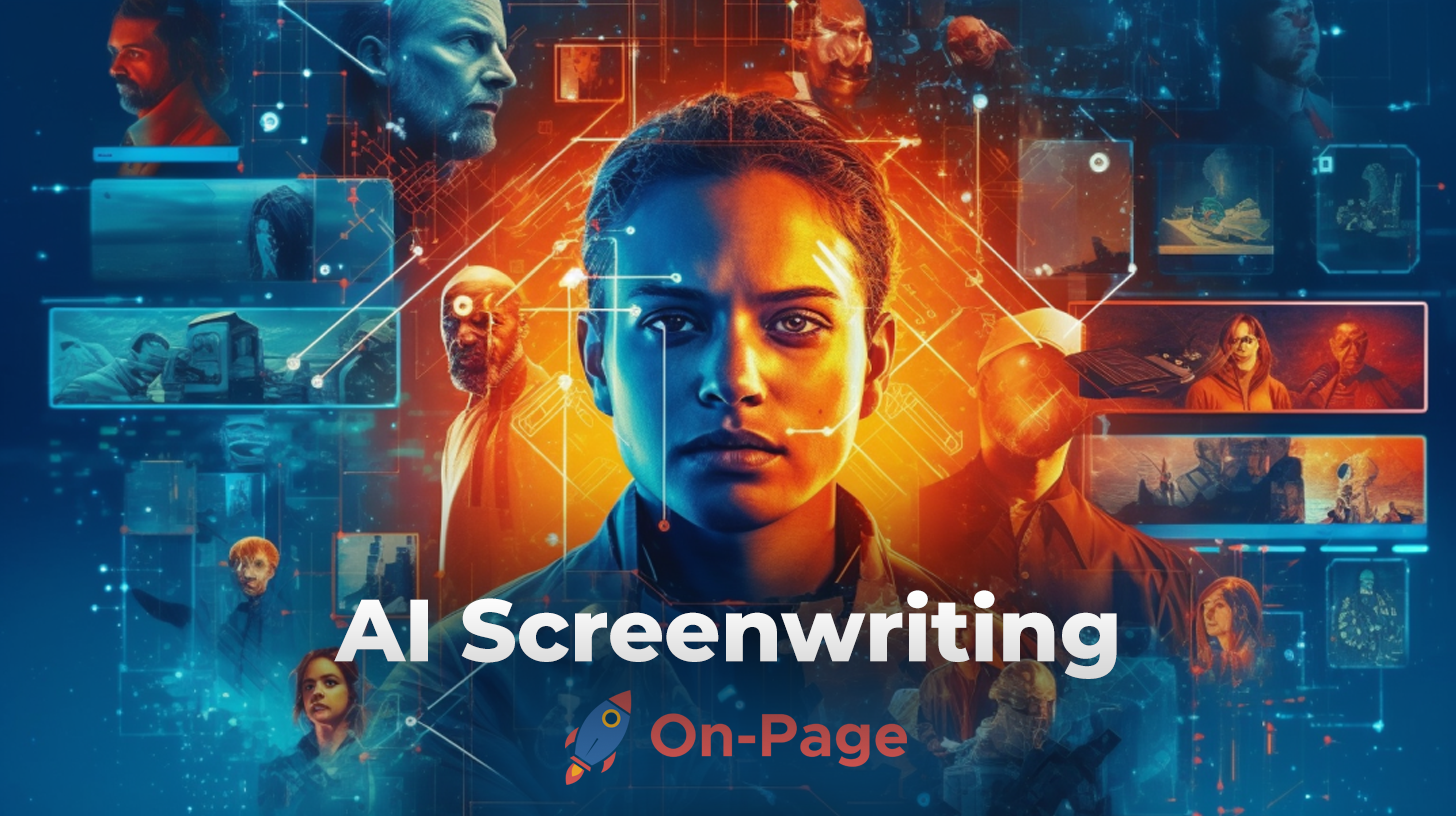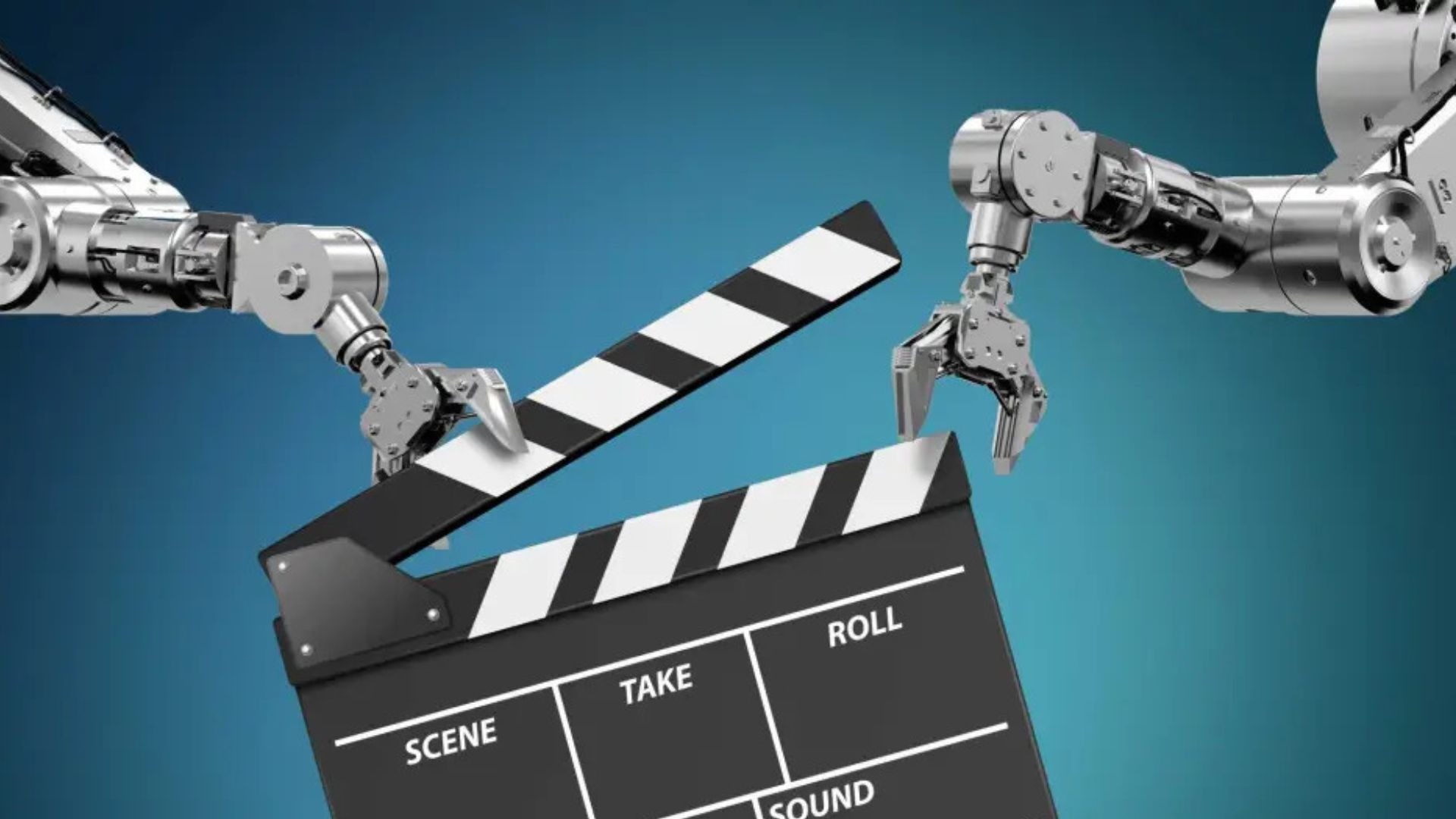Revolutionizing Scriptwriting: The Impact of Digital Tools and AI in Filmmaking
Revolutionizing Scriptwriting: The Impact of Digital Tools and AI in Filmmaking
1 month ago
Explore how digital tools and AI are transforming scriptwriting, making the process more efficient, creative, and accessible for filmmakers.
Scriptwriting, the backbone of any film, has seen tremendous innovation with the advent of digital tools and artificial intelligence (AI). These advancements are revolutionizing the way screenwriters work, offering new avenues for creativity, efficiency, and collaboration in the filmmaking process.

The Evolution of Scriptwriting Tools
Traditionally, scriptwriting was a labor-intensive process involving typewriters, handwritten notes, and endless revisions. Today, digital tools have streamlined this process, providing screenwriters with powerful software that enhances their productivity and creativity.
Key Digital Tools for Scriptwriting
Final Draft
Final Draft remains the industry standard for professional screenwriters. Its intuitive interface and comprehensive features, such as real-time collaboration, revision tracking, and formatting tools, make it an indispensable tool for scriptwriters. The software ensures that scripts adhere to industry standards, facilitating a smoother transition from page to screen.
Celtx
Celtx offers an all-in-one solution for scriptwriting and pre-production planning. In addition to scriptwriting, Celtx provides tools for storyboarding, scheduling, and budgeting, making it a favorite among independent filmmakers and small studios. Its cloud-based platform enables seamless collaboration and project management.
WriterDuet
WriterDuet is known for its robust collaboration features, allowing multiple writers to work on a script simultaneously in real-time. The software also offers a range of templates, outlining tools, and integration with other production tools, making it a versatile choice for modern screenwriters.
The Role of AI in Scriptwriting
Artificial intelligence is pushing the boundaries of what’s possible in scriptwriting. AI-driven tools can analyze vast amounts of data, generate ideas, and even write portions of scripts, offering screenwriters a new set of creative resources.
AI Script Generators
Tools like ScriptBook and AI Dungeon use machine learning algorithms to generate story ideas, character arcs, and dialogue. By analyzing successful scripts, these AI systems can suggest plot developments and character interactions, providing a valuable starting point for writers.
Grammar and Style Assistants
Grammarly and ProWritingAid are examples of AI-driven assistants that help screenwriters refine their scripts. These tools offer suggestions for improving grammar, style, and readability, ensuring that the script is polished and professional.
Benefits of Digital and AI Tools in Scriptwriting
Enhanced Creativity
Digital tools and AI can spark new ideas and provide unique perspectives, helping screenwriters break through writer’s block and explore uncharted creative territories.
Increased Efficiency
Automating tedious tasks such as formatting and grammar checking allows screenwriters to focus on the creative aspects of their work. Real-time collaboration features enable teams to work together seamlessly, speeding up the script development process.
Accessibility and Inclusivity
These tools democratize scriptwriting, making it accessible to a broader audience. Aspiring screenwriters can now leverage professional-grade tools without the need for extensive resources or industry connections.
Challenges and Considerations
Dependence on Technology
While digital tools and AI offer numerous advantages, there is a risk of becoming overly reliant on technology. It’s essential for screenwriters to maintain their unique voice and creativity, using these tools as aids rather than crutches.
Ethical Concerns
The use of AI in creative processes raises ethical questions about authorship and originality. Screenwriters must navigate these concerns and ensure that their work remains authentic and true to their vision.
The integration of digital tools and AI into scriptwriting is transforming the film industry, offering unprecedented opportunities for innovation and creativity. As technology continues to evolve, screenwriters will find new ways to enhance their craft, telling compelling stories that captivate audiences worldwide. Embracing these advancements can lead to more dynamic, efficient, and inclusive scriptwriting processes, paving the way for the future of filmmaking.
Trending News | Today

Lubega Salman Edris: Uganda’s Celebrated Actor and Advocate for Talent
From viral TV series to award-winning films, Lubega Salman Edris continues to inspire as an actor, sociologist, and President of the Screen Actors Guild of Uganda.

Levis Chidolo: From Refugee to Resilient Storyteller
Levis Chidolo’s journey from a refugee to a celebrated filmmaker, writer, and actor showcases the power of storytelling in amplifying unheard voices and creating change.

Ssaka Katherine Ndagire: A Passionate Trailblazer in Ugandan Film
From childhood passion to professional success, Ssaka Katherine Ndagire’s journey in the Ugandan film industry showcases her dedication to storytelling and empowering audiences.

The Inspiring Journey of Halimah.K in Uganda's Acting Industry.
"l faced bullying, financial struggles, and even humiliation in the acting industry, but I refused to give up. My dream of becoming an actress fuels me to work harder and Inspire others to overcome their challenges"

Emmanuel Okello: Crafting Stories That Shift Perspectives
From self-taught beginnings to festival recognition, Emma’s journey as a Ugandan film director showcases the transformative power of storytelling.

Meet Lutakome Tony Kayanja: The Multi-Talented Actor, Director, and Writer Shaping Uganda's Film Industry
From his humble beginnings as a junior actor to becoming a multi-talented writer, director, and producer, Lutakome Tony Kayanja has shaped Uganda’s film industry with passion, determination, and persistence.

